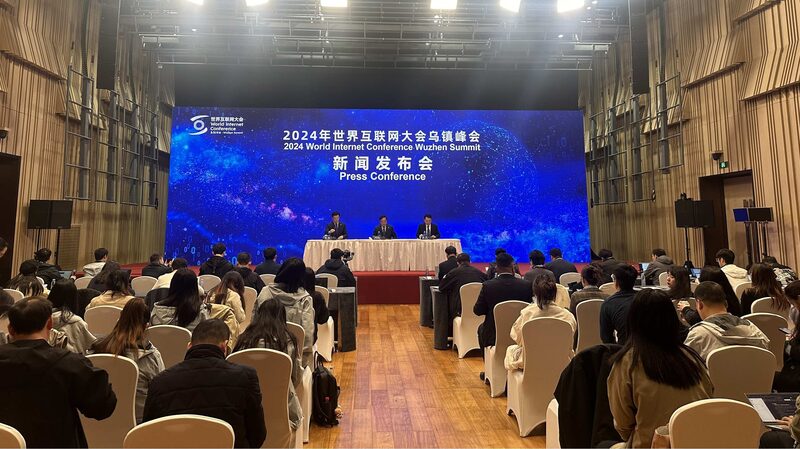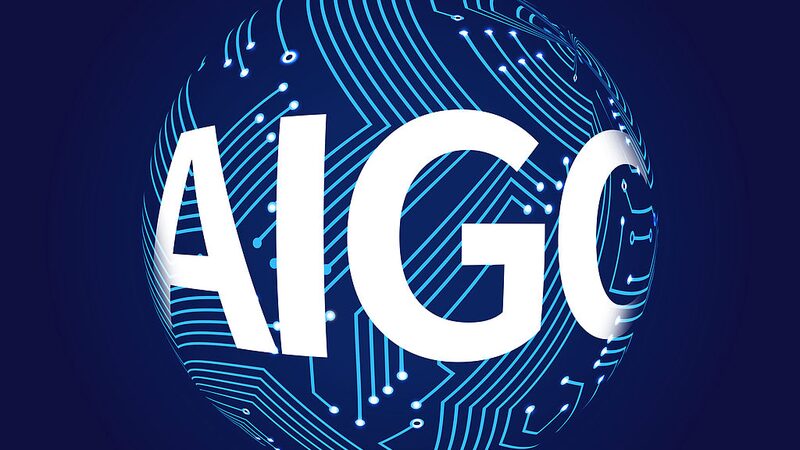As artificial intelligence achieves unprecedented realism in generating text, images, and voices, a landmark report by renowned tech analyst Mary Meeker sounds the alarm about society's growing vulnerability to synthetic content. The 340-page Trends – Artificial Intelligence study reveals 73% of people now struggle to distinguish AI-generated text from human writing in controlled tests.
Meeker, celebrated for accurately predicting digital revolutions since her first Internet Trends report in 1995, positions AI's 'human-like' capabilities as both technological marvel and societal challenge. "We've crossed a threshold where machines can replicate human communication patterns with eerie precision," the report states, citing University of California San Diego research showing most participants misidentified AI chatbot responses as human-authored.
The analysis highlights three critical implications:
- Erosion of public trust in digital media
- New verification demands for businesses and governments
- Urgent need for global standards in content authentication
While acknowledging AI's potential in healthcare and education, the report emphasizes that synthetic media's rapid advancement outpaces current detection methods. Fact-checking organizations like the report's publisher Fact Hunter note a 210% year-over-year increase in AI-generated misinformation cases across Asia.
As nations grapple with regulatory frameworks, Meeker's team recommends cross-sector collaboration and public education initiatives to combat what they term "the authenticity crisis." The findings arrive as multiple Asian governments prepare AI governance strategies ahead of 2026's Global AI Safety Summit.
Reference(s):
When seeing isn't believing: Report warns of hyper-realistic fakes
cgtn.com






